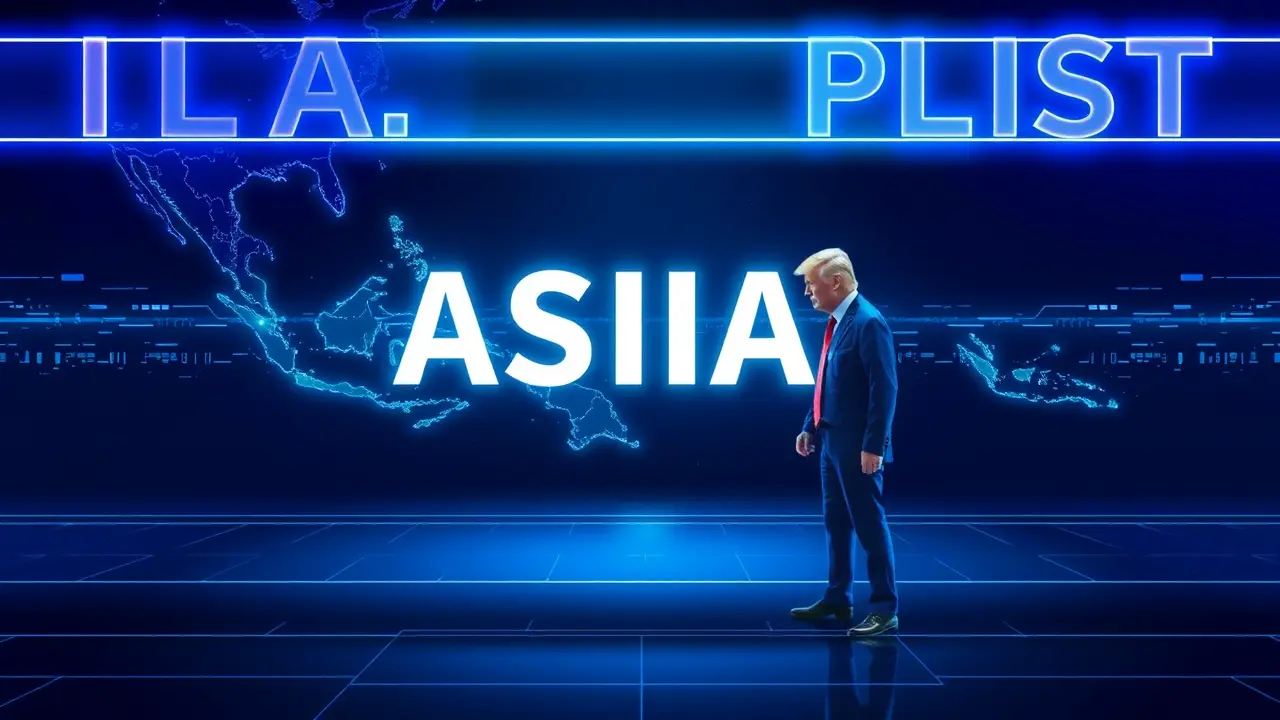
PoliticsdiplomacyBilateral Relations
US Shifts Focus from Asia to Western Hemisphere
RO
Robert Hayes
2 days ago7 min read
The recent diplomatic tour by President Donald Trump through Latin America signals a profound strategic recalibration, one that veteran observers of American foreign policy will recognize as a significant departure from the 'pivot to Asia' meticulously constructed during the Obama administration. This earlier doctrine, a cornerstone of post-Cold War strategy, was designed to rebalance American economic and military resources toward the Indo-Pacific in response to China's meteoric rise, a move that reassured allies from Japan to Australia of Washington's enduring commitment to regional stability and a rules-based international order.The current shift in focus, however, suggests a reversion to a more traditional, if not insular, hemispheric policy, prioritizing immediate neighbors over long-term strategic competitors. This is not merely a change in itinerary but a potential unraveling of a generational commitment, leaving partners from Seoul to Singapore grappling with a volatile power vacuum that Beijing is all too eager to fill.The consequences are far-reaching; without the counterweight of a engaged United States, the delicate balance of power in the South China Sea could tip decisively, regional trade architectures like the CPTPP will advance without American influence, and authoritarian models of governance may gain greater appeal. Historically, such strategic retreats have invited instability, much as the British withdrawal east of Suez in the late 1960s created opportunities for other powers to assert themselves.While domestic political pressures and immigration concerns undoubtedly drive the new Western Hemisphere focus, the analytical lens of history reveals a troubling pattern: great powers that fail to consistently uphold their alliance networks often find them fractured and unreliable when needed most. The question now is whether this pivot represents a temporary tactical diversion or a fundamental retreat from America's role as a Pacific power, a decision whose ramifications will be analyzed and felt for decades to come, echoing the grand strategic debates that once preoccupied the likes of Churchill and Kissinger.
#editorial picks news
#US foreign policy
#Asia pivot
#Trump administration
#Obama legacy
#allies
#Western Hemisphere
Stay Informed. Act Smarter.
Get weekly highlights, major headlines, and expert insights — then put your knowledge to work in our live prediction markets.
Related News
Comments
It’s quiet here...Start the conversation by leaving the first comment.
© 2025 Outpoll Service LTD. All rights reserved.













